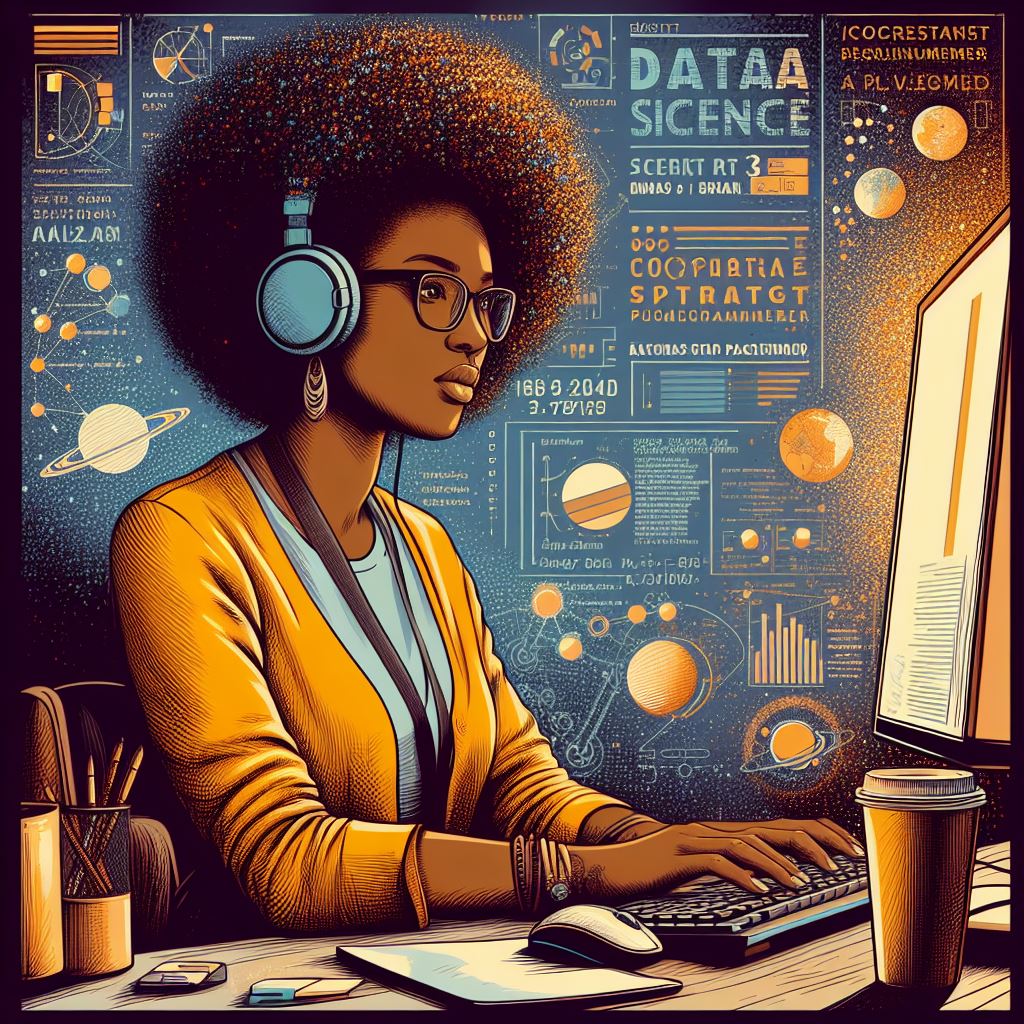In 2024, the integration of Machine Learning (ML) and Artificial Intelligence (AI) into Search Engine Optimization (SEO) strategies has transformed the way businesses approach digital marketing. As search engines like Google continue to evolve, they increasingly rely on AI algorithms to deliver more relevant search results. Understanding how ML and AI impact SEO is critical for businesses aiming to stay ahead of the competition.
What is Machine Learning and AI in SEO?
Machine Learning and Artificial Intelligence are two powerful technologies that enhance how search engines evaluate and rank web pages. While AI refers to machines mimicking human intelligence, ML is a subset of AI that enables systems to learn from data and improve without explicit programming. These technologies can analyze vast amounts of data, identify patterns, and make decisions faster and more accurately than humans.
In SEO, AI and ML are used to optimize content, improve user experience, and streamline the process of ranking pages. Google’s algorithm updates, such as RankBrain and BERT, use AI to understand the context of search queries and deliver more personalized results. By using AI, search engines can better understand the intent behind a search, rather than relying solely on keywords.
How Machine Learning Enhances SEO
Machine Learning algorithms help search engines analyze user behavior, predict trends, and improve ranking accuracy. One of the main ways ML impacts SEO is through the personalization of search results. By analyzing past search history, geographic location, and user preferences, machine learning algorithms can provide highly tailored content recommendations. This shift toward personalization means that content must be relevant and engaging to meet users’ expectations.
Another way ML enhances SEO is through predictive analytics. Businesses can use ML tools to analyze historical data and predict what keywords, trends, and topics are likely to be relevant in the future. This helps marketers stay ahead of the competition by creating content that is more likely to resonate with their target audience.
AI in Content Creation and Optimization
AI is also reshaping content creation. Tools powered by AI can now analyze top-ranking content in any given niche and help marketers create high-quality content that is optimized for both search engines and users. AI tools can suggest improvements, such as keyword adjustments, readability enhancements, and content structure changes, based on data-driven insights.
One notable AI-driven tool in SEO is the AI-powered content generator, which can produce articles, blogs, and product descriptions at scale. These tools use natural language processing (NLP) to generate content that mimics human writing styles. However, for optimal results, it’s important that AI-generated content is also reviewed by human experts to ensure it aligns with brand voice and quality standards.
The Role of AI in Technical SEO
AI also plays a key role in improving the technical aspects of SEO. AI tools can analyze website structure, page load speeds, mobile optimization, and crawlability. By identifying and addressing technical issues that may hinder SEO performance, AI helps ensure that a website is properly optimized for search engines.
Machine learning models can be trained to detect patterns and anomalies in website data, which can help identify issues such as broken links, slow-loading pages, or other technical SEO problems that may be overlooked manually. By fixing these issues, businesses can enhance user experience and improve their chances of ranking higher in search results.
SEO Keyword Optimization with AI
AI tools can also assist with keyword research and optimization. These tools use AI to analyze user intent and find high-value keywords that will drive traffic to websites. They can also track keyword performance, identify gaps in keyword coverage, and suggest new keyword opportunities.
Additionally, AI can help refine on-page SEO by analyzing existing content and suggesting keyword optimizations to increase the likelihood of ranking higher. As search engines become more sophisticated, keyword strategies must evolve to focus not just on individual terms, but on broader semantic meaning and context.
Conclusion
The fusion of Machine Learning and Artificial Intelligence with SEO strategies is undeniably shaping the future of digital marketing. By leveraging AI and ML technologies, businesses can improve their search rankings, enhance content quality, and provide a more personalized user experience. As search engines continue to grow smarter, integrating AI into SEO strategies will become increasingly essential for staying competitive in the digital space.
5
